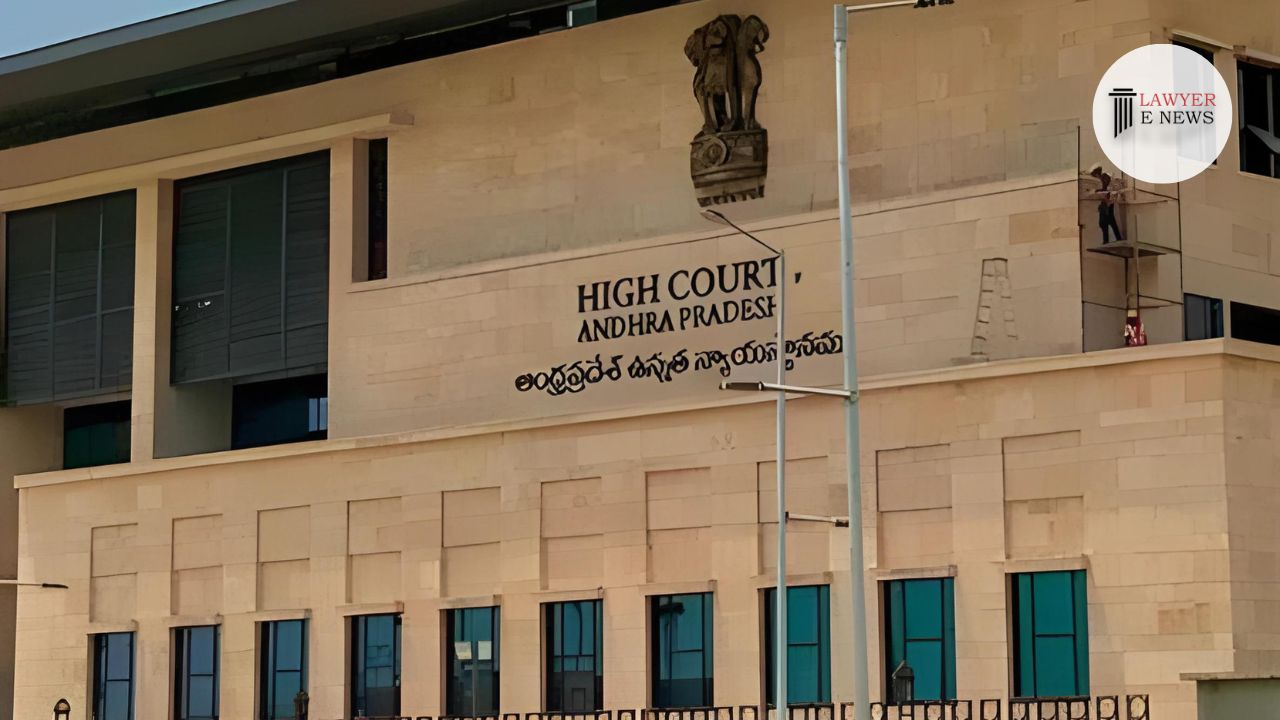-
by Admin
15 February 2026 5:35 AM



Andhra Pradesh High Court, in W.P. No. 22438/2008, dismissed a petition filed by legal heirs of Smt. C. Bhagyalakshmi, seeking the grant of a Ryotwari Patta for 77 cents of land in Tiruchanur Village. Justice R. Raghunandan Rao held that the petitioners failed to establish possession or title to the land at the crucial date of January 7, 1948, and therefore could not claim the Ryotwari Patta under the Andhra Pradesh (A.A.) Inams (Abolition and Conversion into Ryotwari) Act, 1956.
The petitioners claimed that their vendors had transferred the land to them through various sale deeds between 1967 and 2004. They sought a Ryotwari Patta under the Act of 1956, contending that the order passed by the Inam Tahsildar on January 4, 2002, in favor of one C. Vishwanathaiah, was illegal and passed without notice to interested parties. The petitioners approached the Revenue Divisional Officer and the Director (Appeals), both of whom rejected their claim. Aggrieved, they filed the present writ petition.
The central issue was whether the petitioners were entitled to the Ryotwari Patta for the disputed land in Sy.No.305/4. The Court noted that under the Act of 1956, applicants must prove that they derive their rights from Inamdars, purchasers of Inam land, or tenants of Inamdars. The petitioners, however, failed to produce any documents proving such a connection. The Court further observed that the sale deeds relied upon by the petitioners related to Paimaishi No.464, corresponding to a different survey number, and could not be linked to the land in question.
The Court held that the petitioners were unable to establish possession of the land as of January 7, 1948, or at any time prior to the issuance of the Ryotwari Patta to C. Vishwanathaiah in 2002. Additionally, the deeds of sale produced by the petitioners did not provide clear evidence of title or possession over the disputed land.
Justice R. Raghunandan Rao dismissed the petition, noting that even if the petitioners had been entitled to a notice, they failed to demonstrate any prejudice resulting from the lack of notice. The Court emphasized that without proof of possession or title, there was no right to claim the Ryotwari Patta. The Court also pointed out discrepancies in the petitioners' documents, which referred to different survey numbers and did not establish a continuous flow of title.
The Andhra Pradesh High Court reaffirmed that applicants seeking Ryotwari Patta must provide clear evidence of possession and title, especially when claiming rights under the Inams Abolition Act. The petitioners' failure to meet these requirements resulted in the dismissal of their writ petition.
Date of Decision: September 27, 2024
Smt. C. Bhagyalakshmi & Others v. Director (Appeals) & Others
